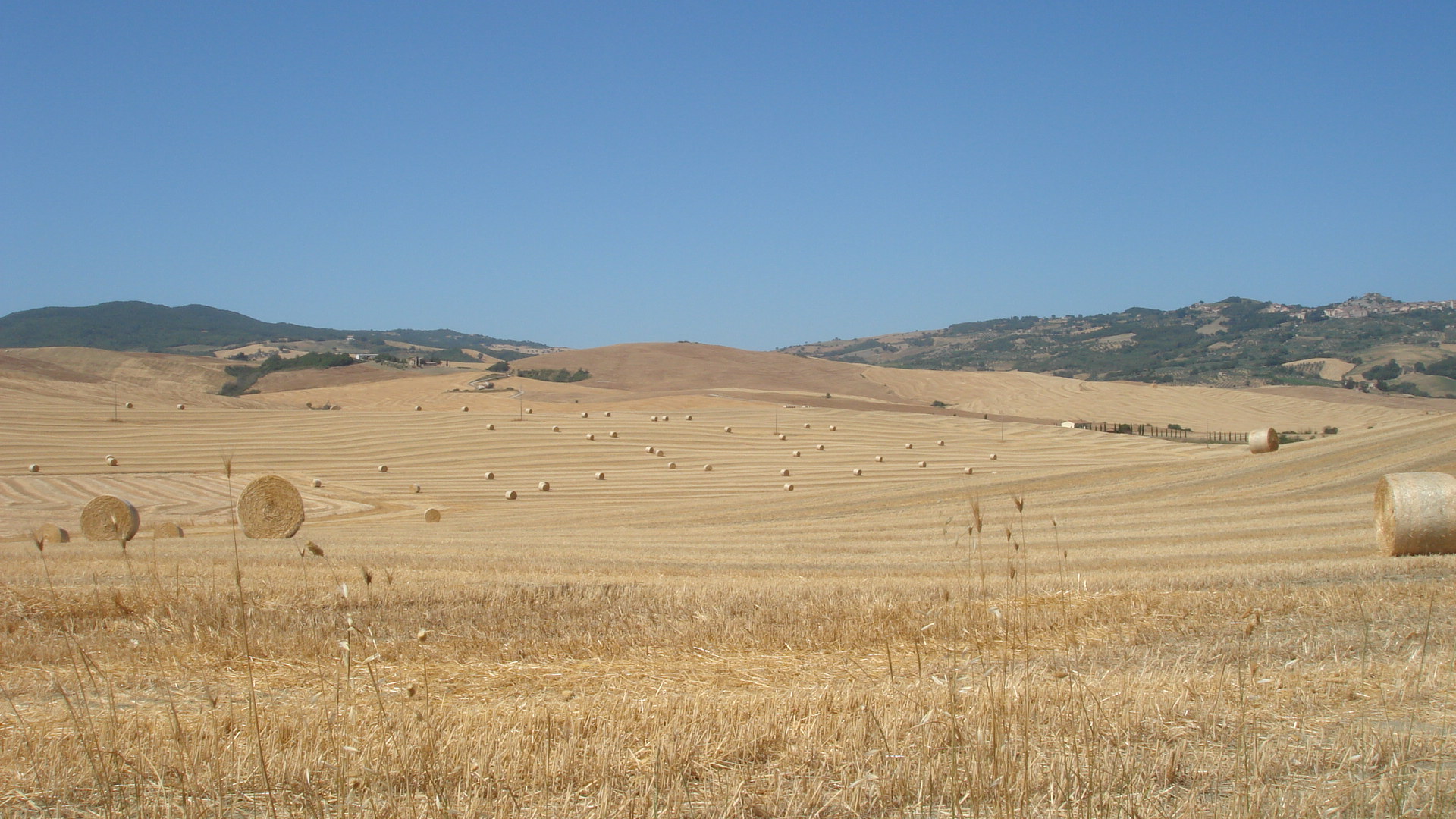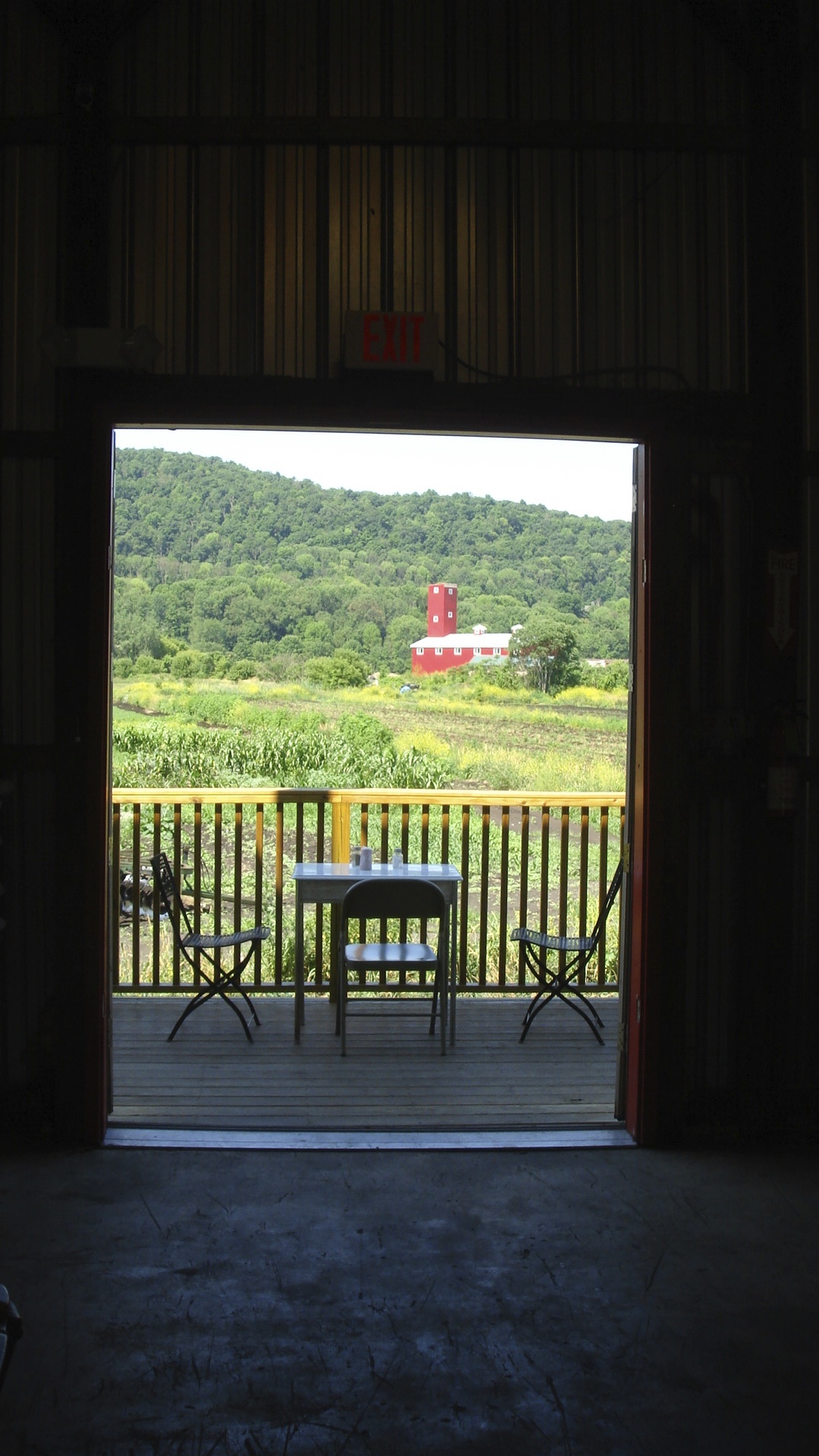As our culture becomes increasingly interested, sophisticated and educated in all things food, you may stumble upon the word terroir on this side of the Atlantic. It is a typically French term connected to that country's deep and intense food culture. The idea behind fast food is the exact opposite of what terroir expresses. Fast food companies want to assure you of the exact same hamburger or French fries taste regardless of whether you buy it in Beijing, Moscow, Los Angeles or Buenos Aires - worldwide uniformity of taste. Terroir, on the contrary, celebrates the unique combination of local soil and climate conditions in a particular area, and how they influence the foods grown there.

Terroir is perhaps easiest to understand in connection with wine because we know from experience that the same grape type, say a Chardonnay, grown in different geographical places will yield very different tasting wines. That is the reason why the French don't label their wines by grape type, as we do here, but by provenance, such as Château Lafite or Saint-Aubain, Domaine Sylvain Langoureau, which, of course, requires a vastly larger knowledge base.
Beyond wine we have come to be aware of terroir influence on food as it relates to chocolate (Trader Joe's offers a chocolate passport that features small chocolate samples from eight different cocoa bean growing countries in the world), honey (depends on the type of flower nectar collected), and single-malt whiskeys (depends a lot on the local water). But terroir also comes out in the taste of meat. The Spanish Jamón Ibérico, for example, is prized for its particular taste that comes from the black pigs' natural diet of grass, herbs and acorns, specific to that region in southern Spain. Locally, I have bought organic chickens from two different farmers. Both taste and texture of the meat, and even the shape of the chickens, were vastly different, even though the two farms are not even twenty miles apart.
Coffee connaisseurs always say that water can make or break a good cup of coffee. City water usually has added chlorine and often fluoride, which alter the taste of the water, while local well water tastes different from one well to the next, depending on its particular mineral content. Local food is so much more complex and exciting! Happy tasting!

